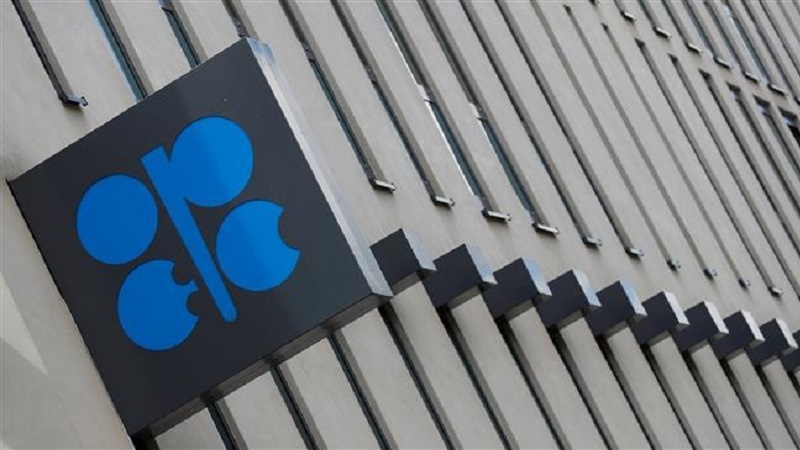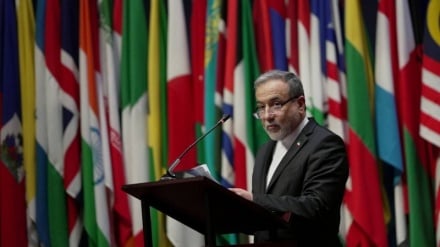OPEC agrees nominal output rise of 1 million bpd from July
The Organization of the Petroleum Exporting Countries (OPEC) has agreed to increase oil production by around one million barrels per day (bpd), or 1 percent of global supply, from next month, the oil minister of the body's kingpin Saudi Arabia says.
According to Press TV, Khaled al-Faleh said after the 174th meeting of the OPEC conference in Vienna, Austria, on Friday "I am pleased that at the end of the day we reconciled around the one million figure that we have been talking about."
According to OPEC member Iraq, the real increase would be around 770,000 bpd because several countries that had suffered production declines would struggle to reach full quotas while other producers will not be allowed to fill the gap.
Saudi Arabia and Russia decided together in 2016 to cut their supply in order to push prices up following a crash induced by a global crude production glut.
An oil production shortfall in Iran and Venezuela has changed the scenario for the two countries and the OPEC members.
Saudi Arabia has been pushing for a hike in oil output, putting the fate of an 18-month-old supply-cut deal between OPEC members and allied countries credited with clearing a global oil glut and lifting crude prices in jeopardy.
The Saudi push is viewed as a bid to appease the United States which is on course to re-impose sanctions on the Islamic Republic, including on its oil sales.
Saudi Arabia is reportedly under pressure from its US ally to open the spigots as President Donald Trump hopes for lower pump prices ahead of November's mid-term elections.
The OPEC decision to make a modest increase in oil production came after calls from major consumers to help reduce the price of crude and avoid a supply shortage.
Iranian Minister of Oil Bijan Namdar Zangeneh on Tuesday called on the OPEC to resist calls from Washington to alter its output policies.
The "high prices in the market and the instability in the market" were created by the actions of the US president, the oil minister of Iran, OPEC's third-largest producer, said.
However, the Saudi energy minister persuaded his Iranian peer to support the increase just hours before Friday's meeting.
Last week, Trump said that “oil prices are too high,” blaming the OPEC for the 60 percent rise of oil prices over the last year.
“Oil prices are too high, OPEC is at it again. Not good!” the US president wrote on Twitter.
The United States, China and India had urged Vienna-based OPEC to release more supply in a bid to prevent an oil deficit that would hurt the global economy.
"Hope OPEC will increase output substantially. Need to keep prices down!" Trump wrote on Twitter after the 14-nation organization announced its decision.
Since 2017, an OPEC agreement on production cuts has allowed oil prices to rise but there are fears that renewed American sanctions on Iran and a fall in output in crisis-hit Venezuela could disrupt supply.
ME



